In recent years, numerous analysts have warned of an increasing risk of war in the Taiwan Strait. Others, however, have argued that military conflict remains unlikely, and that the risk of war should not be over-hyped. Drawing from his recent book, Scott Kastner outlines a framework through which to assess the prospects for military conflict between China and Taiwan. Drawing on international relations theory, Kastner outlines several causal pathways through which a Taiwan Strait conflict could occur, and assesses how broad trends in China-Taiwan-US relations are affecting the likelihood of these different scenarios. He concludes with policy suggestions for how actors in Beijing, Taipei and Washington could mitigate the risks of a war in the Taiwan Strait.
About the Participants
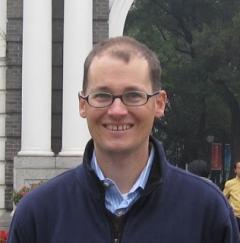
Kharis Templeman is a research fellow at the Hoover Institution and part of the Project on Taiwan in the Indo-Pacific. Templeman is a political scientist (Ph.D. 2012, Michigan) with research interests in Taiwan politics, democratization, elections and election management, party system development, and politics and security issues in Pacific Asia.
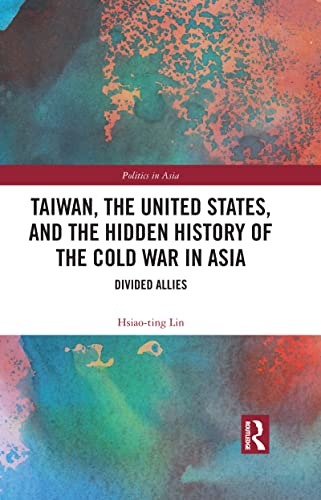
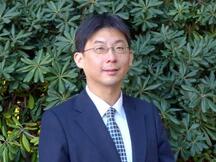
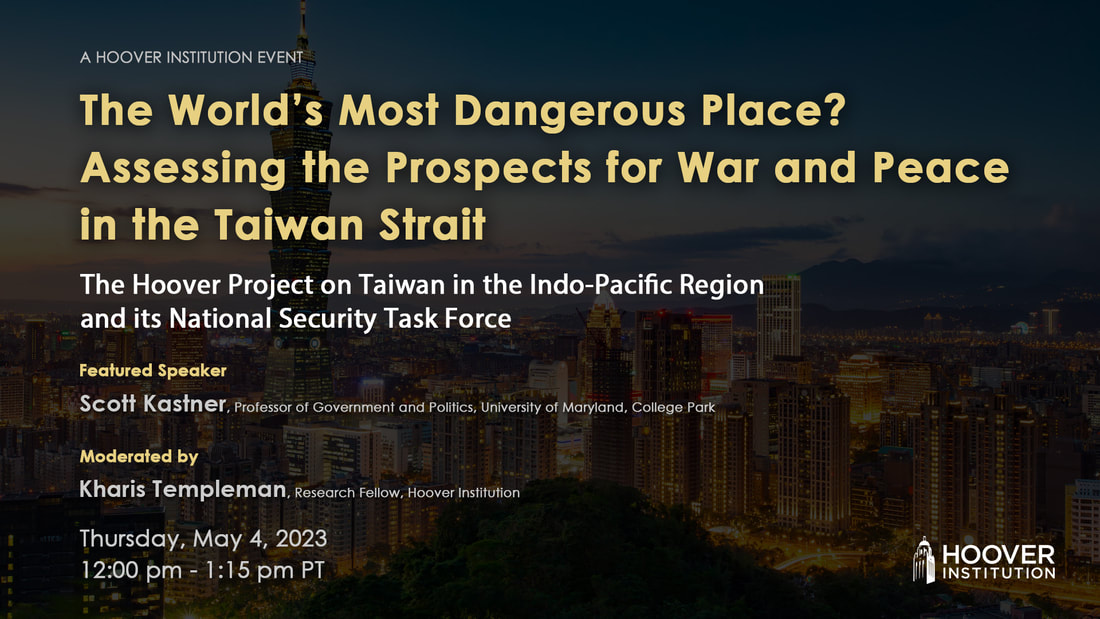
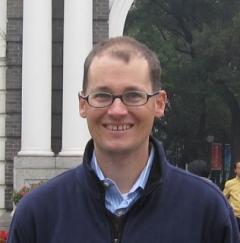
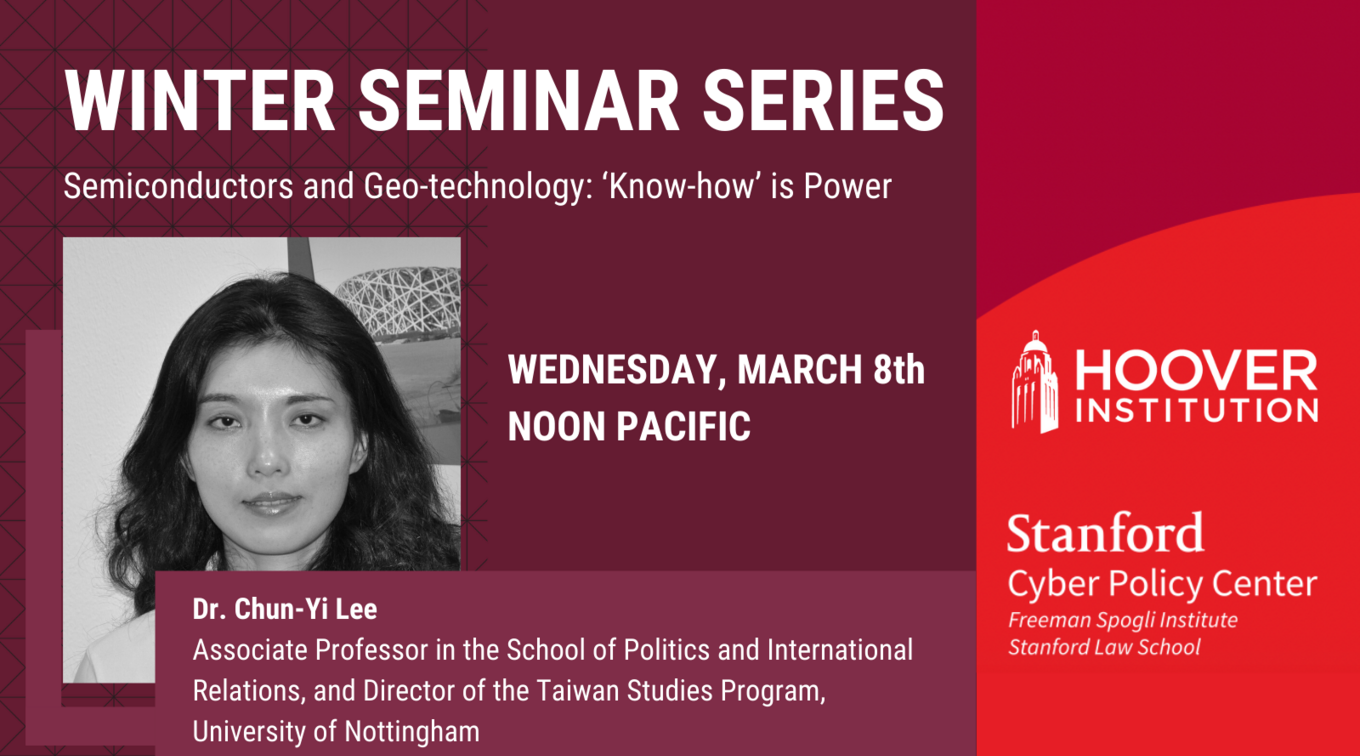

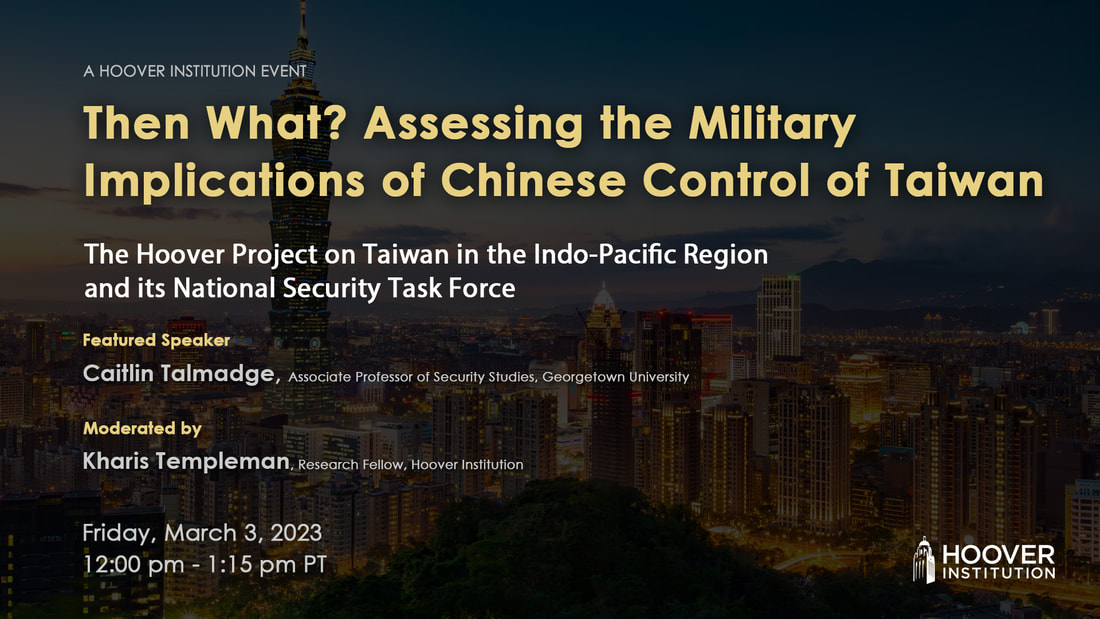



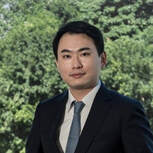

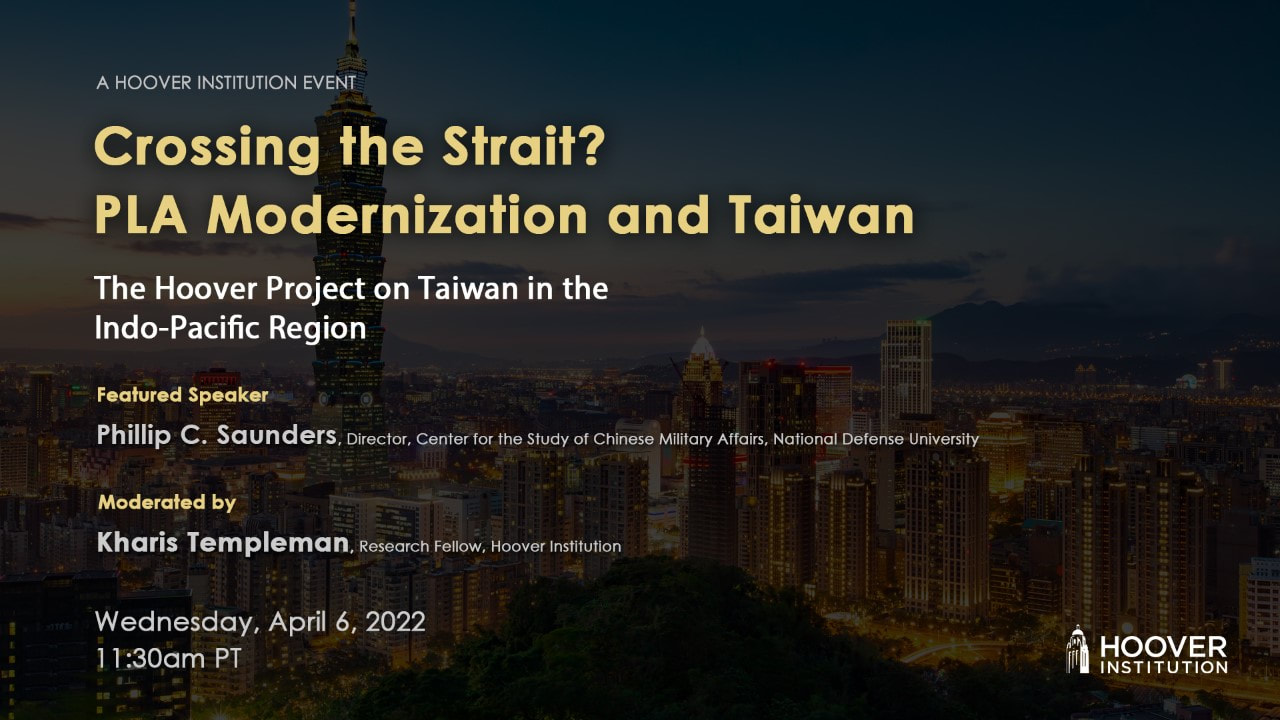

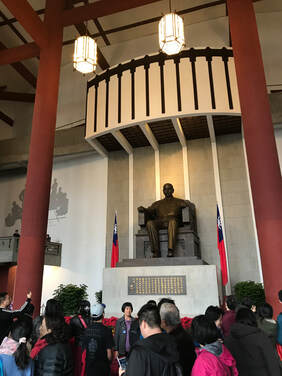
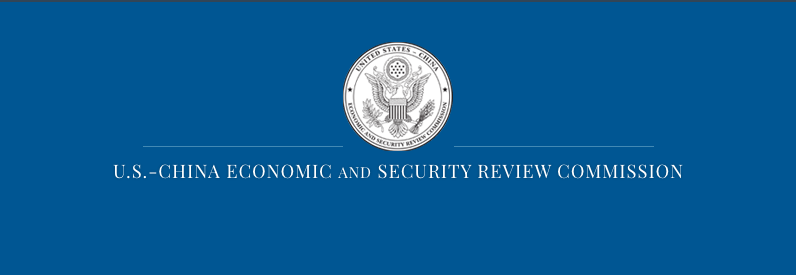
 RSS Feed
RSS Feed
